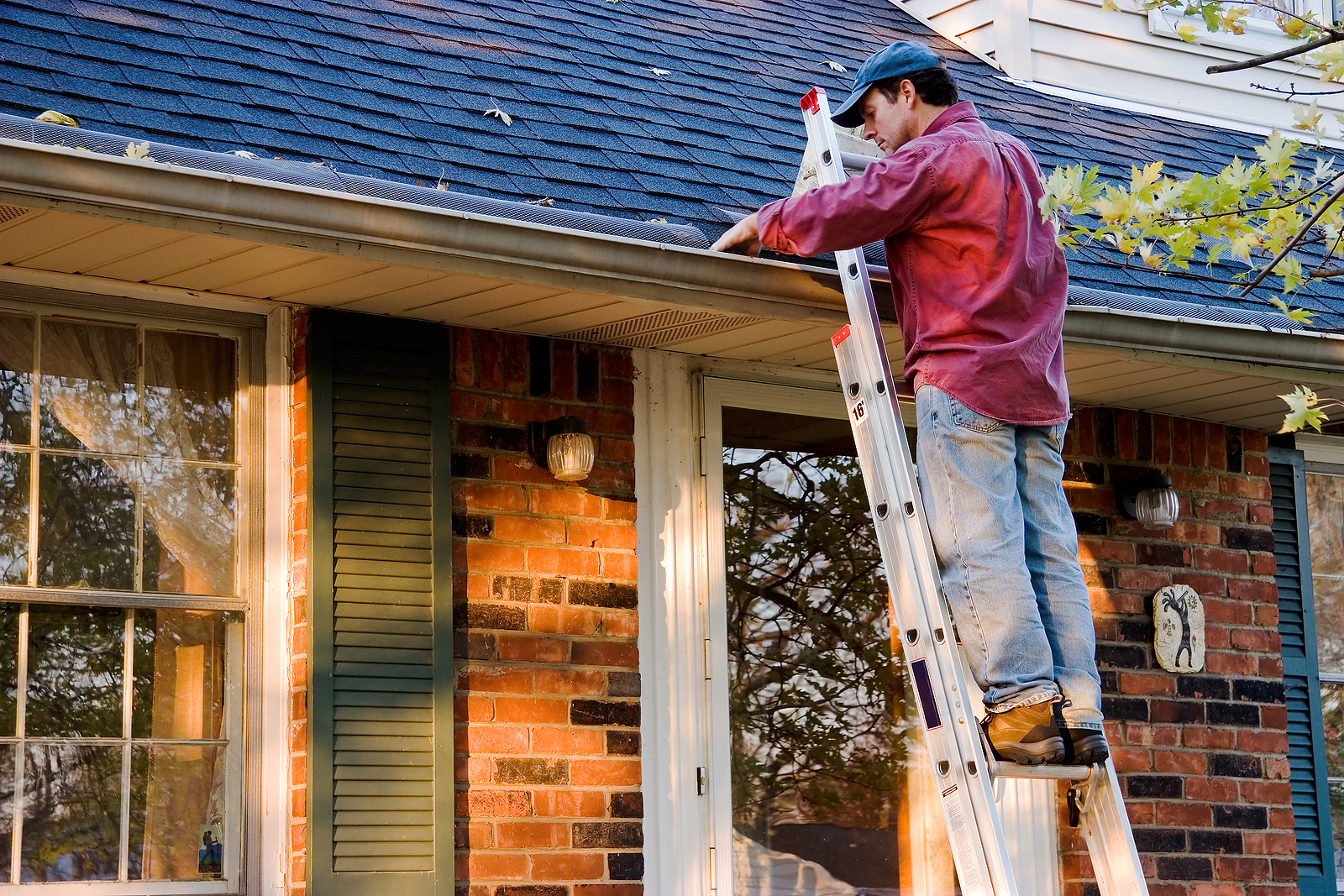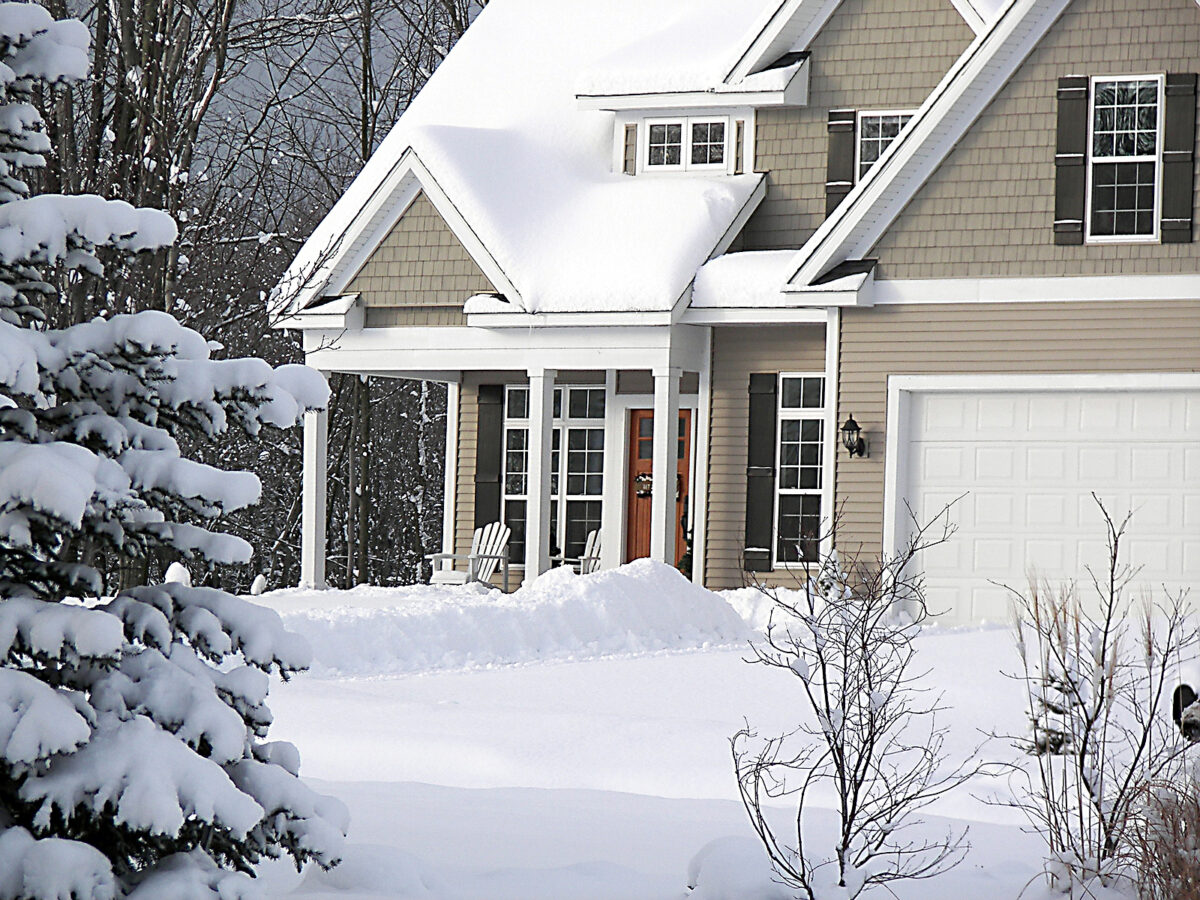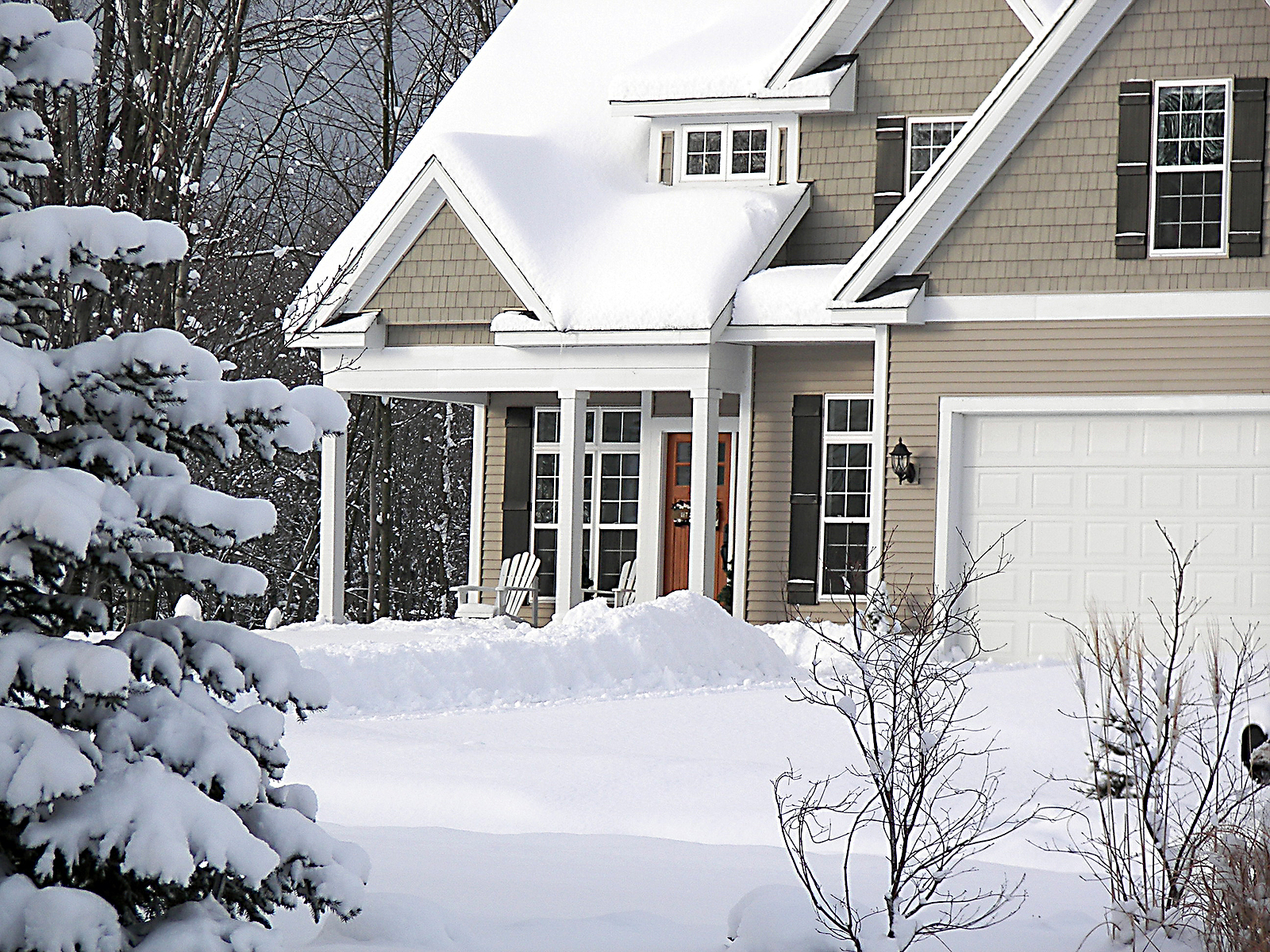Selling your home during the colder months presents a unique opportunity to showcase how well your property can handle winter weather. Prospective buyers want to feel confident that the home they’re considering is energy-efficient, well-maintained, and ready to provide comfort all year long. Winterizing your home with the right upgrades and repairs can help you achieve that and make your listing stand out in a competitive market. Here are some top tips to prepare your home before it hits the market this winter.
Improve Energy Efficiency
Energy efficiency is a major selling point for today’s buyers. As temperatures drop, a well-insulated and energy-efficient home becomes even more attractive, both for comfort and cost savings.
Upgrade Insulation
Start by inspecting your attic, walls, and basement for any areas that need additional insulation. Proper insulation helps keep warm air inside during the winter, reducing heating costs and improving overall comfort. Not only does this make your home more energy-efficient, but it also signals to buyers that the home has been well-maintained.

Seal Drafty Windows and Doors
Drafts are a common issue in many homes, and they can drastically reduce energy efficiency. Make sure to check for drafts around windows, doors, and even electrical outlets. Caulk, weatherstripping, and draft stoppers are inexpensive fixes that can go a long way in making your home more appealing to potential buyers.
Install a Smart Thermostat
A smart thermostat is a small investment that can provide big rewards when selling your home. Buyers love the idea of energy savings, and smart thermostats give them the ability to control heating remotely. Highlight this feature in your listing to attract eco-conscious buyers.
Focus on Heating Systems and Appliances
Buyers are likely to pay close attention to the heating system when viewing homes in the winter. Making sure your heating and related appliances are in top condition can set your home apart.
Service Your HVAC System
Before listing your home, have your HVAC system professionally serviced. This includes checking the furnace, air ducts, and filters. A well-maintained heating system reassures buyers that they won’t face unexpected repairs after moving in. Consider offering documentation that shows recent maintenance for extra buyer confidence.
Upgrade to Energy-Efficient Appliances
If your budget allows, consider upgrading any outdated appliances, such as water heaters or furnaces, to more energy-efficient models. These upgrades can increase your home’s value and appeal to buyers who are conscious of long-term energy costs.
Address Roof and Gutter Maintenance
Your home’s exterior plays a critical role in winter-proofing and overall curb appeal. Addressing roof and gutter maintenance ensures that your home is ready to withstand harsh winter weather.

Inspect and Repair the Roof
Before listing your home, have the roof professionally inspected for any damage, such as missing shingles, leaks, or worn flashing. A strong, well-maintained roof is a major selling point, especially in regions that experience heavy snowfall. Any necessary repairs should be made to avoid potential problems down the line.
Clean and Repair Gutters
Gutters that are clogged or in poor condition can cause water damage, especially when snow and ice melt. Make sure your gutters are clean, and replace any sections that are damaged. Properly functioning gutters prevent water from seeping into your home, giving buyers peace of mind.
Boost Curb Appeal with Seasonal Maintenance
First impressions matter, and winter curb appeal is just as important as in the warmer months. Make sure your home looks well-maintained, welcoming, and safe, even during the colder season.
Clear Walkways and Driveways
If you’re showing your home during the winter, make sure all walkways and driveways are clear of snow and ice. Not only does this ensure safety for potential buyers, but it also demonstrates that the home has been well taken care of during the winter months.
Add Cozy, Inviting Touches

Small touches can go a long way in making your home feel warm and inviting during winter showings. Consider placing a tasteful winter wreath on the front door, using warm-toned outdoor lighting, and setting up a cozy entryway with a welcome mat. These details can help buyers feel at home the moment they arrive.
Winter-Proof Your Windows
Windows are another major focus for buyers looking to purchase in colder months. A well-insulated home with high-quality windows can make a big difference in both comfort and energy efficiency.
Install Storm Windows
If your home has older windows, consider installing storm windows for an extra layer of insulation. Storm windows help prevent drafts and improve overall energy efficiency, which is a selling point buyers appreciate, especially in cold weather.
Highlight Energy-Efficient Windows
If your home already has energy-efficient windows, be sure to highlight this in your listing. Windows with features like double-paned glass or Low-E coating are highly attractive to buyers, as they help reduce energy costs and increase comfort in the home.
Make Your Home Move-In Ready for Winter
Buyers who are searching for homes during the winter season are often eager to settle in quickly. Preparing your home to be move-in ready for the winter months will make it even more attractive.
Check Pipes and Plumbing
Frozen pipes are a common concern in cold weather. Insulate any exposed pipes, and consider installing heat tape in areas prone to freezing. Make sure plumbing is in good working order so that buyers can feel confident there will be no water issues during the colder months.
Ensure Proper Ventilation
A well-ventilated home prevents moisture build-up and improves indoor air quality during the winter months. Make sure exhaust fans in bathrooms and the kitchen are in working order, and check that attic and basement ventilation is adequate.































 Incorporating winter-friendly plants like ornamental grasses or evergreens can add a bit of texture and color to your yard. If you have a lawn, keep it tidy by clearing away any fallen branches or debris after storms. A well-maintained yard shows buyers that you take pride in your home, no matter the season.
Incorporating winter-friendly plants like ornamental grasses or evergreens can add a bit of texture and color to your yard. If you have a lawn, keep it tidy by clearing away any fallen branches or debris after storms. A well-maintained yard shows buyers that you take pride in your home, no matter the season.